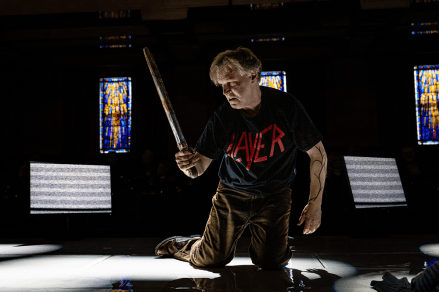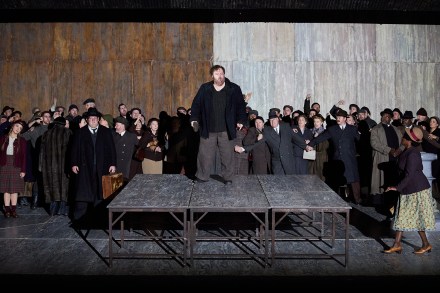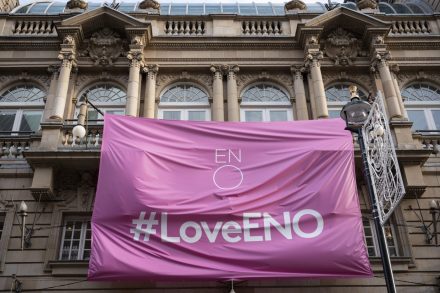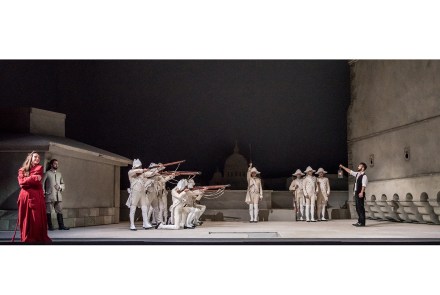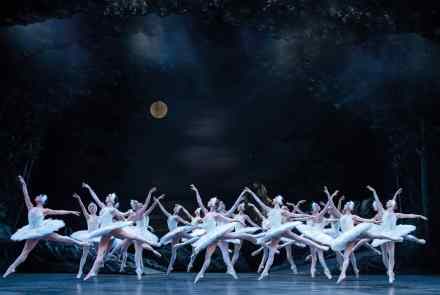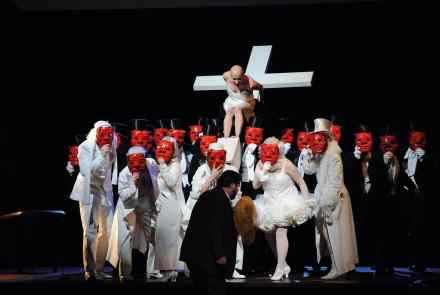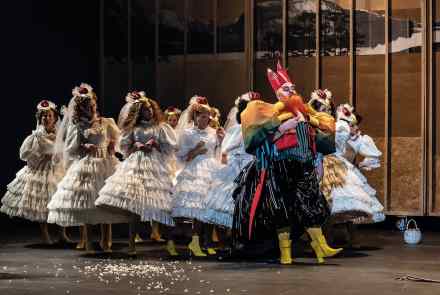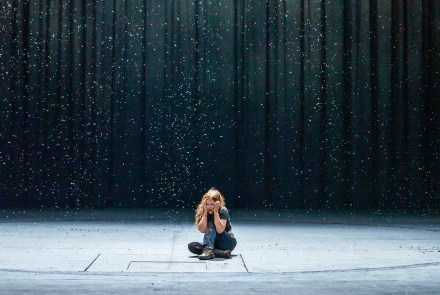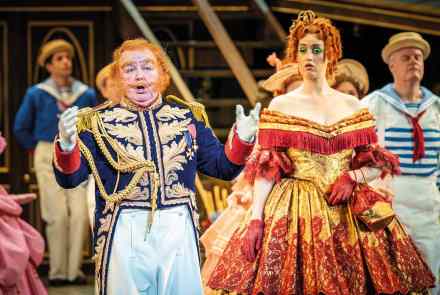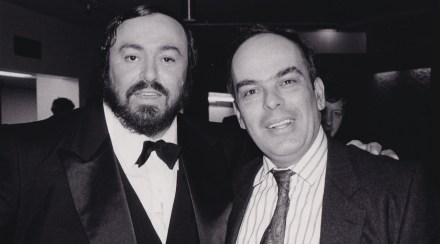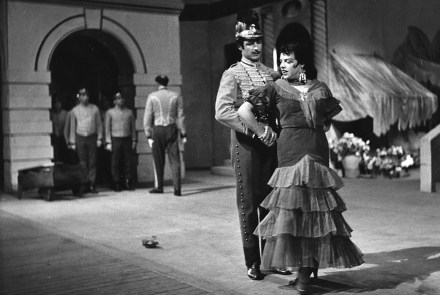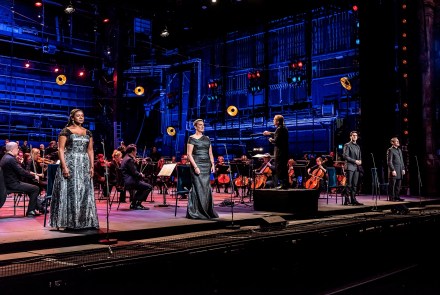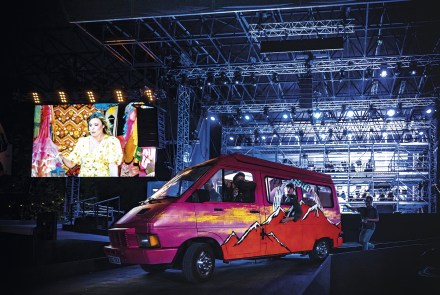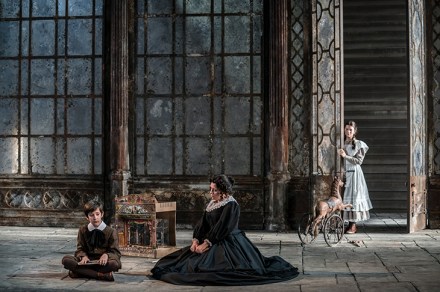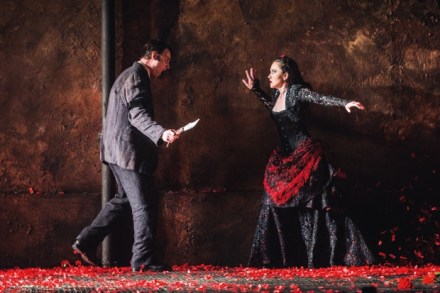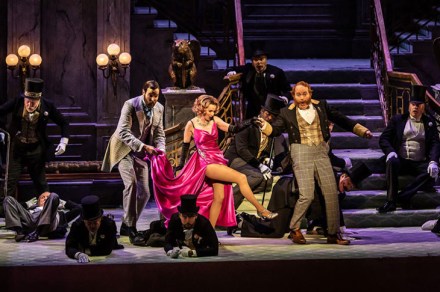On the evidence of their Siegfried, Regents Opera’s Ring will be well worth catching
It’s sometimes said that if Wagner were alive today he’d be making movies, but come on – really? A generation of Wagnerites has grown up for whom the first and definitive encounter with Der Ring des Nibelungen was on the small screen – in my case, the BBC’s early-eighties serialisation of the Bayreuth centenary production. What lingered was not the spectacle, but the intimacy: Donald McIntyre and Gwyneth Jones enveloped in darkness, reaching into each other’s souls. If you grew up with Wagner on TV and came of age, culturally speaking, around the time The Sopranos first aired, it seems obvious that the Ring isn’t some effects-laden Marvel blockbuster before
